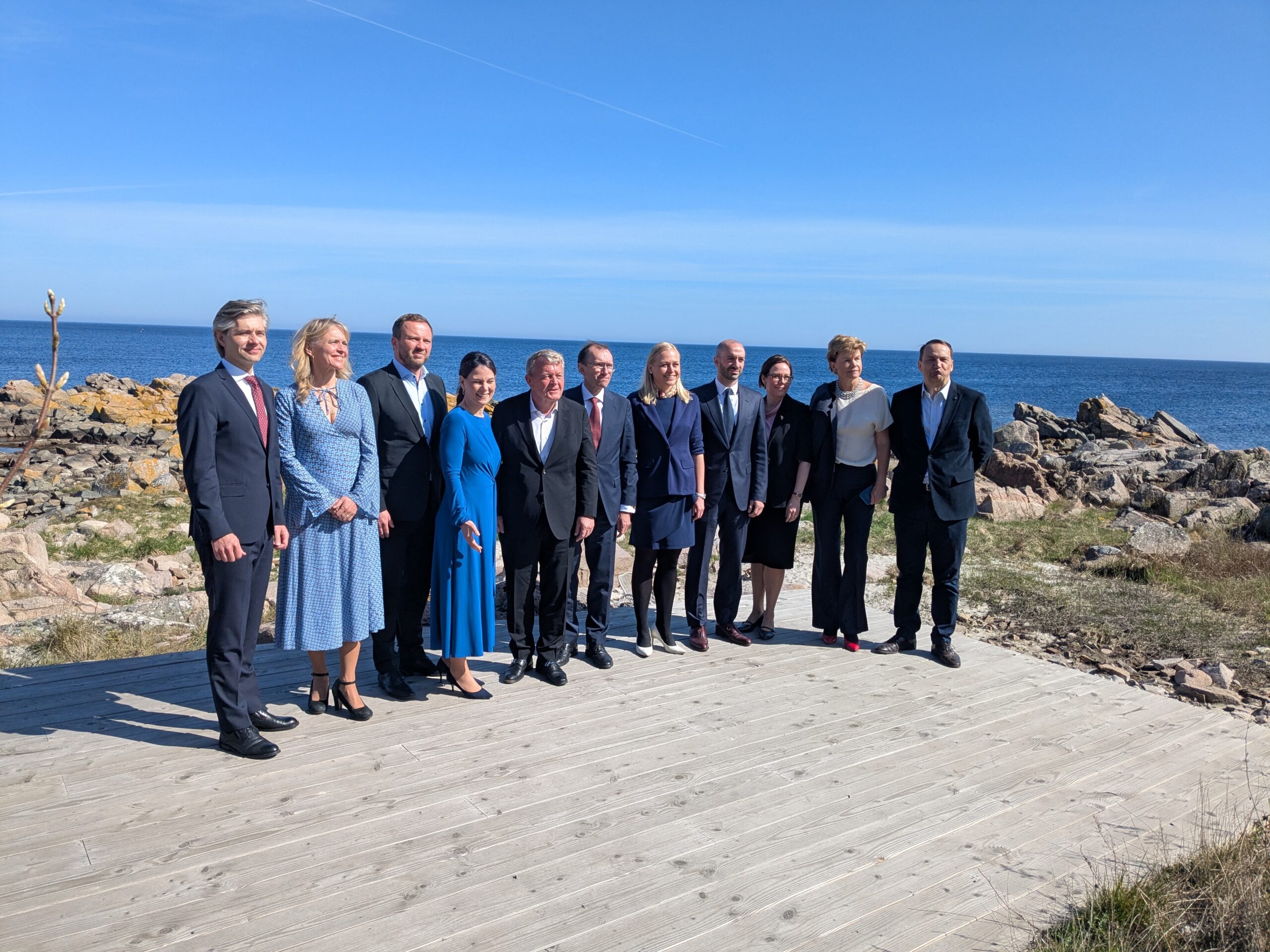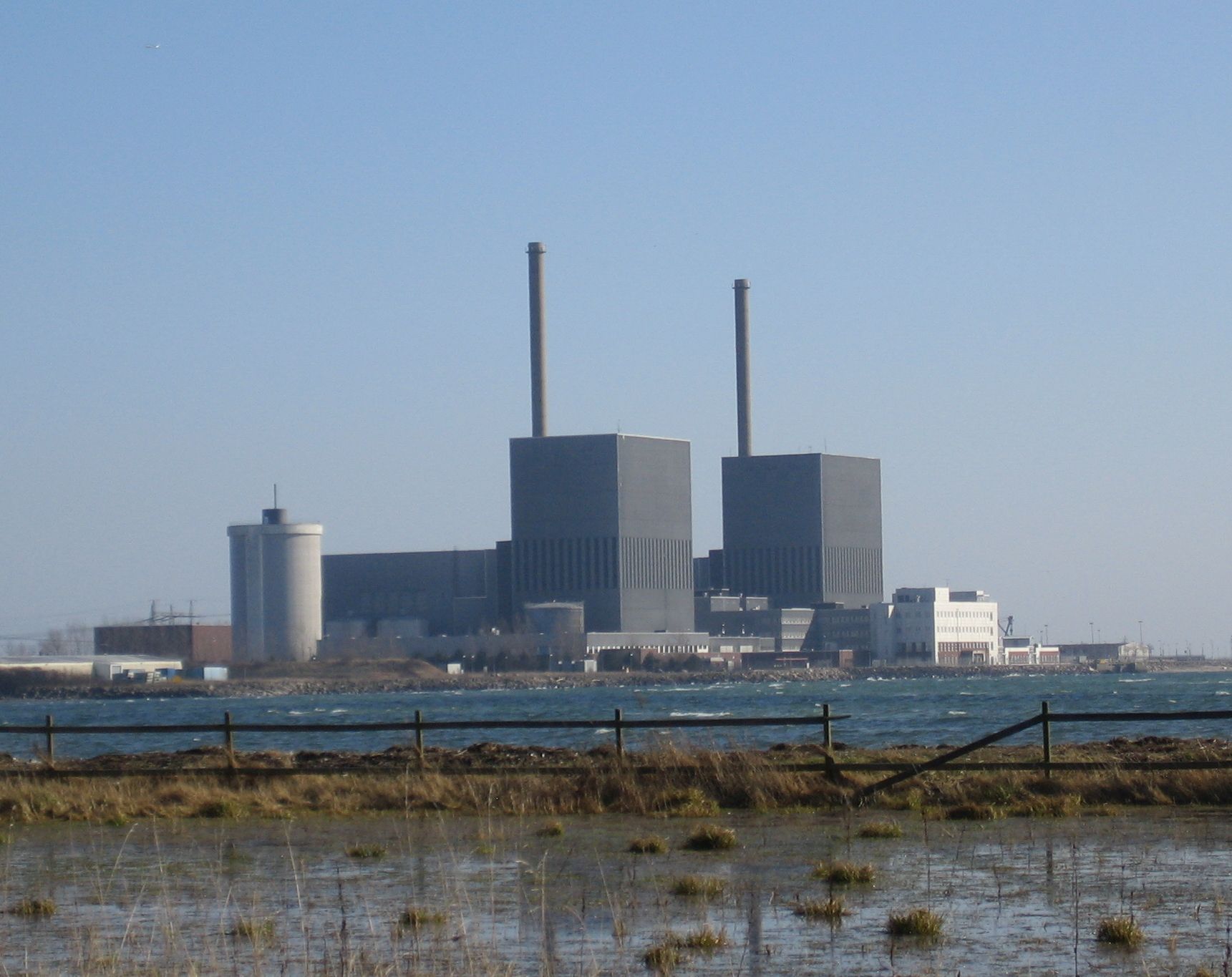So there you are. Calmly strolling the streets of Copenhagen when the kid starts whining: “Dad, I gotta pee.” After the required lecture about thinking about it before leaving the house the next time, you start looking for a public toilet.
You hustle the now red-faced and watery-eyed child up to the door of the stall, only to realise you just tossed all of your small change to a busker to thank him for his cracking button accordion version of ‘Take me Home, Country Roads’, leaving you short of the two kroner needed to open the portal of blessed relief. Well, take heart.
The City Council has decided to drop the fee on the city’s public toilets. Beginning in January 2013, the days of visitors to Denmark’s capital city rummaging through every pocket for the required coins are over. City Council member Iben Wiene Rathje (Socialistisk Folkeparti) said the change will be good for everyone.“Everyone benefits, especially the homeless women who either have to carry around a pocketful of two kroner coins or pee in the street,” she said.
Rathje said removing the fee will lead to cleaner streets as fewer people will be forced to urinate in public. The council says it will be watching to see if the change leads to dirtier toilets or more vandalism.
Switching to free toilets will cost Copenhagen 400,000 kroner each year. The shortfall will be made up by cutting the opening hours of the city’s staffed toilets. Each manned toilet will now be open for one hour less per week.
There is no sign that the council’s decision has encouraged DSB to drop the five kroner tariff it imposed on toilets at Copenhagen’s central train station at the start of this year. MetroXpress newspaper reported last week that, according to a restaurant owner at the station, the new charge had so many people bypassing the facility to use the streets that urine was seeping in under the door of his kitchen.












